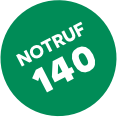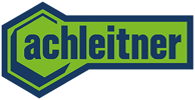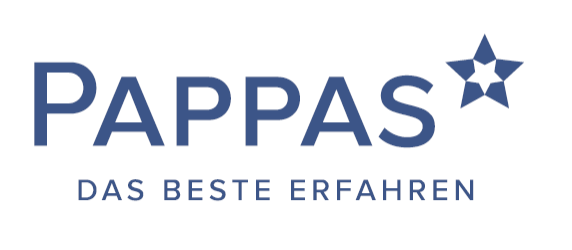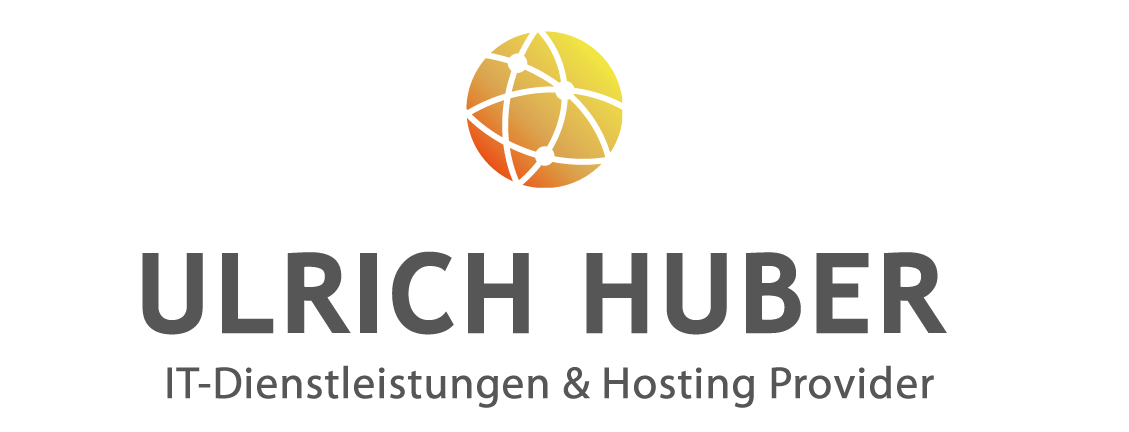QUALITY BY SPECIALISTS
The subject specialists are appointed by the state management to work independently on specific areas of responsibility.
The scope and types of specialised groups represented on the state committee are variable and depend on the need for separate processing.
It is the task of the subject specialist to report on the status of developments in their specialist area and to advise the state committee on questions.
The subject specialist aims to draw up clear guidelines that are binding for the members and local offices of Mountain Rescue Tyrol for work in the relevant specialist area.
The subject specialist is also responsible for ensuring that the guidelines in his area of expertise are trained and implemented in the local offices.
With regard to his or her specialist area, the subject specialist is also responsible for maintaining contact with the relevant specialist in the federal association and, if necessary, with organisations outside Mountain Rescue Tyrol.
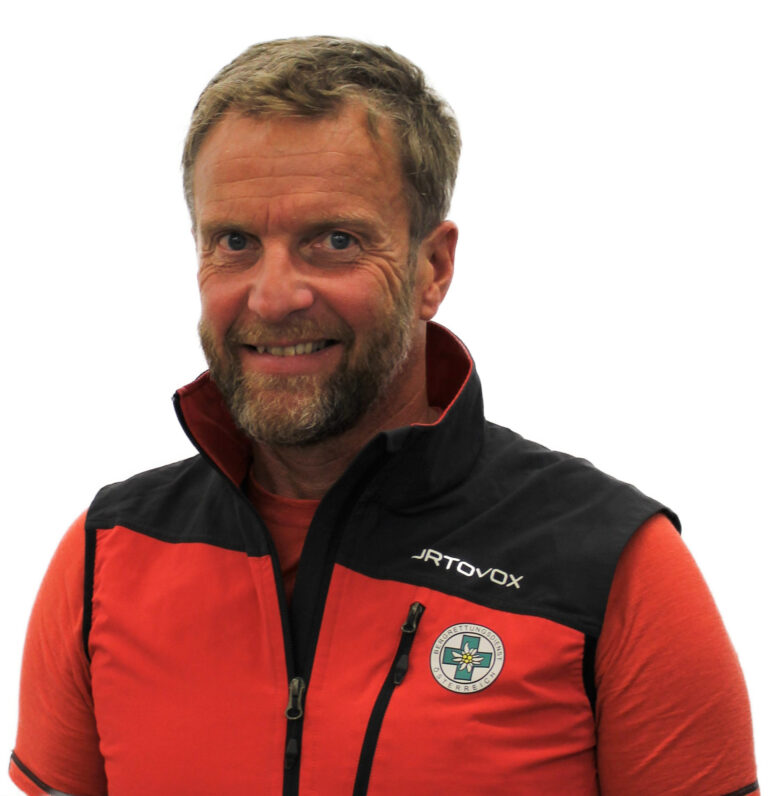
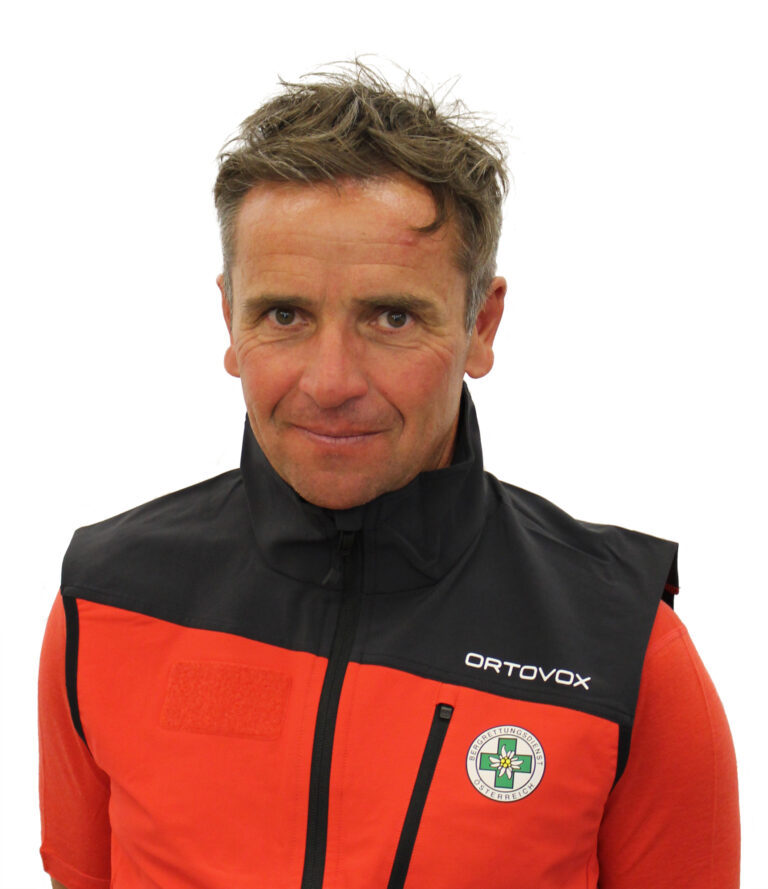
Training is a special form of unit. Training management has been outsourced to the professional level. The head of the Jamtal training centre is also the speaker of the training team and therefore has a seat on the state committee.
The training management is responsible for the technical and medical training of mountain rescuers. Furthermore, the training management is responsible for the ongoing adaptation of training at all organisational levels and the further development of care and rescue techniques.
Head of alpine training is Christian Eder (local office Ginzling).
His deputies at professional level are Andreas Gastl (local office Scheffau/Söllandl) and at voluntary level Alexander Riml (local office Ötz) and Thomas Müllauer (local office St. Johann).
Head of medical training is Markus Isser (local office Hall-Umgebung).
His deputies at voluntary basis are Dr. med. Hannah Salchner (local office Neustift) and Valentin Schiessendoppler, cand.med. (local office Innsbruck).
Debuty head of alpine training
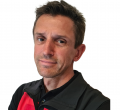
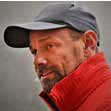
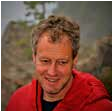
Debuty head of medical training
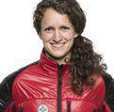
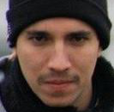
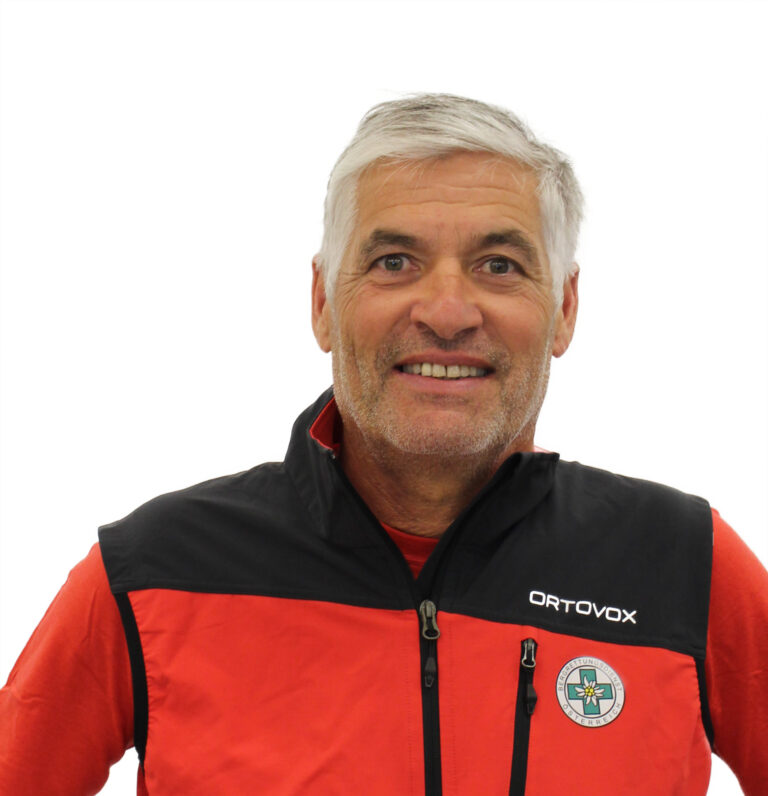
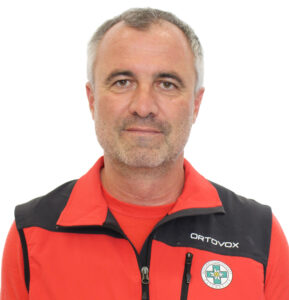
The basis of our medical care lies in its simplicity. The difficult and dangerous situations in which we treat injured people leave us little room for manoeuvre for complex medical activities. As the ascent and descent can take hours, the time factor is always a big problem for us. Every move therefore needs to be carefully considered. Our own safety is always our top priority!
In recent years, Mountain Rescue Tyol has moved closer and closer to military casualty care, resulting in close co-operation with the medical association TREMA e.V., which is renowned in specialist circles. Interestingly, there are many parallels between military casualty care and mountain rescue. In both areas, the aim is to stabilise and transport injured people over long periods of time with little material and under dangerous conditions In Tyrol we have combined these military principles with our own knowledge and successfully created a strategy called “Tactical Alpine Medicine”.
Our state medical Dr Josef Burger (local office Lienz) and his deputy Dr Christian Hilkenmeier (local office Telfs) are responsible for this unit. The head of medical training is the former intensive care nurse Markus Isser.
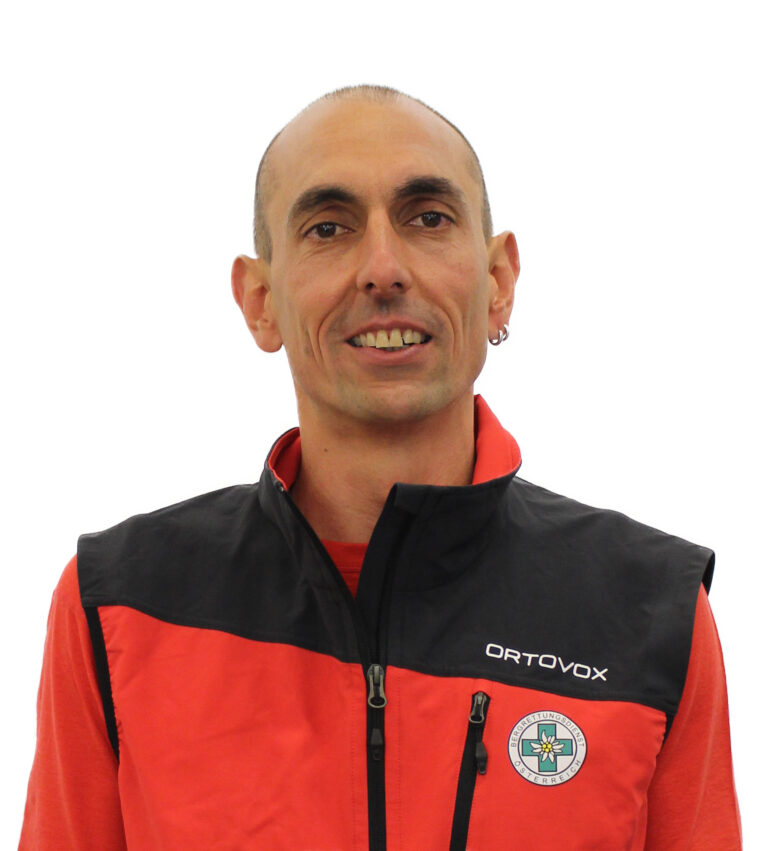
The main aim of the work with mountain rescue dogs is to optimally train teams of dogs and dog handlers to be able to save lives in the field.
More and more electronic aids are being used to search for buried victims and missing persons in winter sports, which make it possible to locate them quickly and accurately. However, if one of these devices does not work or is not carried by the athlete, the trained search dog is often the only means of searching large areas in avalanches or open terrain efficiently and without the need for a lot of manpower.
Mountain Rescue Tyrol currently has more than 60 trained avalanche and search dog teams.
The Mountain Rescue Tyrol-dog team has a wide range of tasks that demand a lot from both the dog and the dog handler. The teams are trained in a multi-stage training programme lasting at least three years to search for buried persons and to search for missing persons in inaccessible alpine terrain.
The dog team are a sub-unit of Mountain Rescue Tyrol and elects the state dog management from its members. This committee is responsible for the ongoing training and operational capability of the dog team.
The head of the dog team represents the dog team at the state committee.
The head of the dog team is currently Daniel Thönig (local office Landeck) and debuty head is Manfred Prantl (local office Ötz).
Head of dog training is Andreas Bader (local office Reutte).
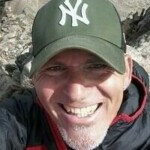
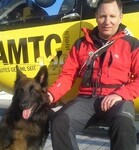
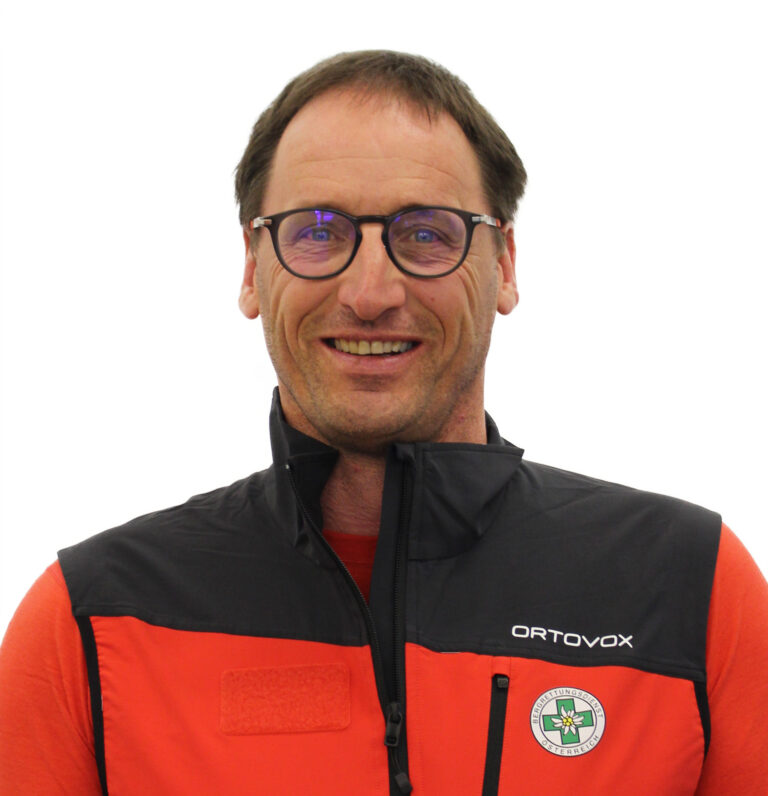
In 2006, the BOS Austria digital radio network went into operation throughout Tyrol. Digital radio technology has also revolutionised emergency communications in mountain rescue.
Until 2006, mountain rescue services communicated using analogue radio technology. This had the decisive disadvantage of limited range, but could be operated regardless of location. Reachability within the rescue team was usually not a problem, but reaching the headquarter was often difficult. It was possible to extend the range by setting up relay stations. Communication with neighbouring local offices was usually only possible via such relays. This radio technology made it essential to staff the local offices with a person who could communicate externally.
Digital radio basically works like a mobile phone network. Thanks to nationwide coverage with around 90 radio stations, it is now possible to communicate throughout Tyrol. This and the direct connection to the Leitstelle Tyrol have decisively changed and improved alerting and communication within the mountain rescue service.
Mountain Rescue Tyrol currently has around 1,600 digital radios and 600 pagers in use.
The equipment is assigned and programmed by the radio manger Thomas Ofer (local office Neustift). He is also the link in terms of digital radio to the Leitstelle Tyrol and the state of Tyrol.
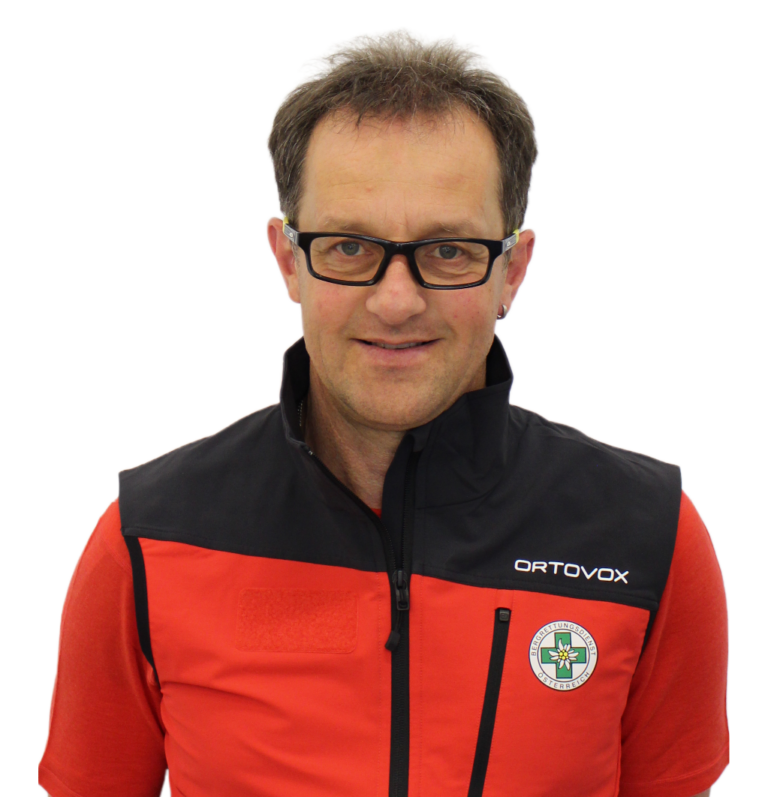
The oldest members of the mountain rescue teams still remember what it was like when there was no emergency vehicle available, when every operation had to be completed on foot from the valley. Now, almost every local office has its own emergency vehicle, which takes the rescuers as far up as possible and shortens the climbs considerably.
The requirements for our emergency vehicles are high – all-wheel drive, raised, reduction gear, plenty of space for crew and equipment, horizontal transport for patients, ambient lighting, radio equipment, …. and then they should also be vehicles that fulfil the special requirements of each local office.
In order to fulfil all these requirements, a solid concept and a lively exchange and constant negotiations with the vehicle manufacturers and the companies that carry out the necessary conversions are needed. Last but not least, legal regulations must also be observed and incorporated into the vehicle concept.
Vehicle manager of Mountain Rescue Tyrol is Herbert Figl (local office Obertilliach)
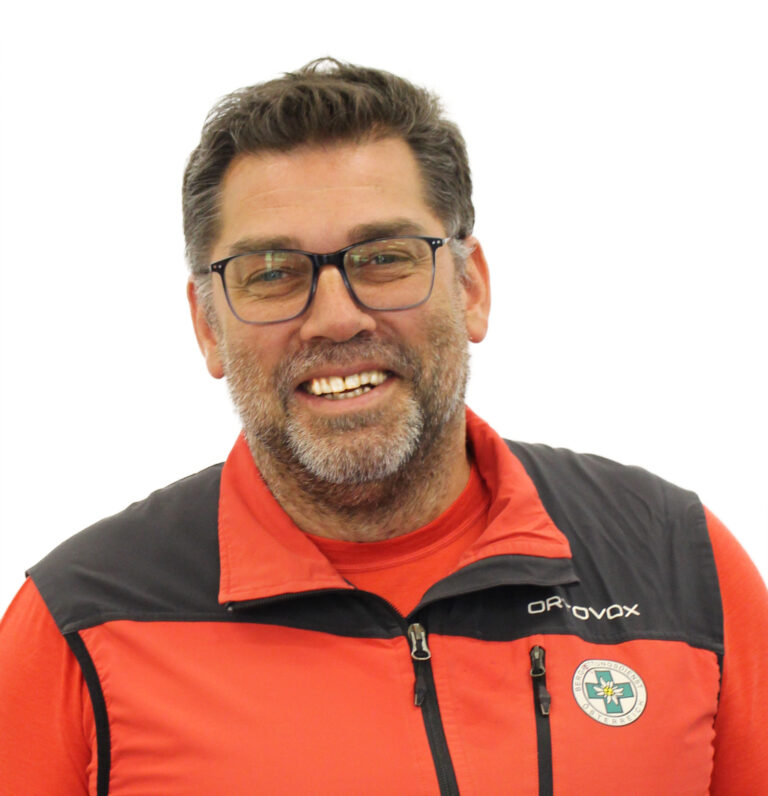
As in all other areas of our lives, the increasing digitalisation of mountain rescue services cannot be stopped.
IT is one of those cogwheels in the gearbox that must not fail. The areas to be served are extensive. Hardware, software and network infrastructure in the office and in the Jamtal training centre, intranet, internet presence, knowledge management, tools for operational support, data security,…
A central requirement for the IT of the Mountain Rescue Tyrol is the complete documentation of operations and ongoing training and further education.
VerResponsible for the matters of IT and digitisation is Ing. Ulli Huber (local office Ginzling).
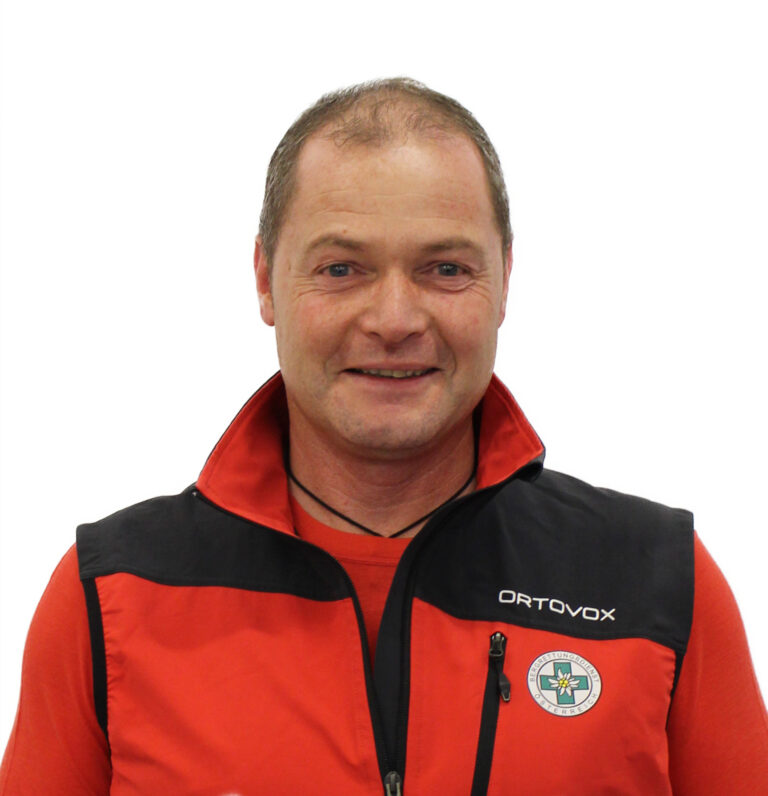
No unit – but the insurance cover for our work as mountain rescuers is immensely important.
Life as a mountain rescuer also has its downsides. We often work in rough, steep terrain, carry heavy loads and often even more responsibility, and all of this usually in the best “mountain rescuer weather” (editor’s note: also known as bad weather).
But we are not only exposed to dangers during the mission, but also on the journey to an operation or to training and the journey home afterwards.
And if something happens – and it can happen to even the best mountain rescuer – what then?
There is a man in our ranks who has taken on the task of analysing, clearing out and improving the insurance system of Mountain Rescue Tyrol. With lower costs, we now have an insurance package with considerably more benefits. This basis is now supported by all provincial associations.
Responsible for incurances is Markus Wolf (local office Berwang/Namlos).


